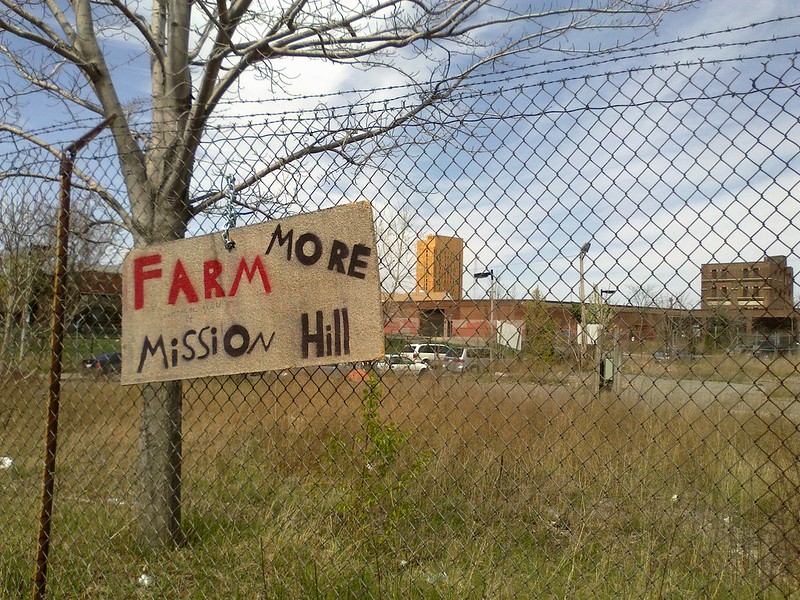1) "Open space" as a "public benefit" that is demanded by "the community" whenever anyone wants to build something on his own land.
"Open space" = Le Corbu = towers in the park = mid-century housing projects = destruction of a dense, traditional urban environment = bad
2) Use of the term "the community," with its creepy, quasi-mystical connotations, in place of "neighborhood"

